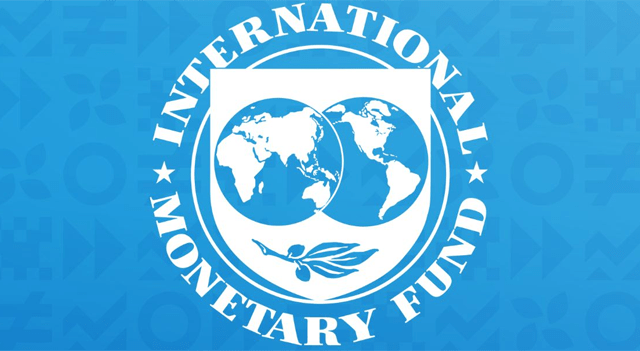IMF Warns Global Economic Slowdown
The International Monetary Fund (IMF) has warned that global economic growth is slowing down due to risks from the volatile banking sector, high inflation, and climbing interest rates. In its latest World Economic Outlook report, the IMF projected a slowdown in total economic output to 2.8% this year, compared to 3.4% last year, as nations continue to recover from the impacts of the pandemic and the war in Ukraine. The IMF’s new 2023 forecast was only slightly lower, by 0.1 percentage point, from its January projection, and it expects global growth to accelerate to 3% next year, citing some encouraging signs.
Beijing Leads Export Restrictions
According to a recent report by the OECD, Beijing is leading the way in expanding export restrictions on critical minerals, which is limiting the availability and driving up the prices of raw materials necessary for the transition to green energy. By the end of 2020, over 13,000 restrictions had been implemented, marking a fivefold increase in just over a decade. This means that approximately 10% of the global value of critical raw material exports are subject to at least one restriction. The OECD further noted that even more restrictions have been introduced since 2020, highlighting the potential fragmentation in the global economy and its impact on the cost of clean energy transition, as well as the shifting dynamics of power towards mineral-rich nations.
White House Positive Outlook
US Treasury Secretary Janet Yellen dismissed recent banking challenges and declared that the global economy is in a better position than predicted six months ago. In her agenda for a week of meetings with global finance officials in Washington, Yellen referred to her earlier statement in February, stating that the basic picture remains largely unchanged. Despite recent events, Yellen’s remarks emphasize her positive outlook on the global economy.
UK Economy Predicted Contraction
Forecasts published by the IMF on Tuesday revealed that Chancellor Jeremy Hunt’s efforts to revive the UK economy have not been sufficient to lift it from the bottom of the global league table this year. The IMF’s World Economic Outlook predicted a contraction of 0.3% for the UK economy in 2023, despite a significant upgrade from the earlier forecast of a contraction of 0.6% in January. The IMF’s projections indicate that the UK is expected to miss Hunt’s fiscal rules of reducing public debt burden and borrowing below 3% of GDP by 2028, even in the medium term.
UK Smoke-Free Program
The UK government announced plans to provide free e-cigarettes to smokers as part of a “swap to stop” program aimed at helping them quit their harmful habit. Under this initiative, 1 million smokers will receive vaping starter kits with their preferred flavor and strength. The UK has set a goal to become smoke-free by 2030, with the aim of reducing the percentage of smokers in the population to less than 5%.
US Small Businesses Face Loan Challenges
More small businesses in the US are facing challenges in obtaining loans, as multiple bank failures have resulted in further tightening of credit conditions. According to a recent survey by the National Federation of Independent Business, a net 9% of small business owners who frequently borrow reported that financing was harder to obtain compared to three months earlier, the highest level since December 2012. The same survey also found that the same share of small business owners expects tougher credit conditions in the next three months, matching the highest level in a decade.
Reserve Bank of India Promotes Green Deposits
The Reserve Bank of India has announced that banks will be allowed to raise ‘green deposits’ from June as part of its efforts to promote the allocation of funds towards renewable energy and clean transportation projects. This decision is part of the central bank’s push to implement regulations that encourage banks in India to lend more to environment-friendly projects and mitigate risks arising from climate change. The RBI stated in a recent statement that the proceeds raised from these green deposits will be allocated based on the official Indian green taxonomy.
Export Restrictions Harm Climate Goals
Recent research by the OECD shows that there has been a significant increase in export restrictions on raw materials critical for green technologies, particularly by countries like China and India. These restrictions, which commonly include taxes and quantitative limits, have increased over fivefold in the last decade, with 10% of the global value of exports now subject to at least one measure, according to the OECD. This sharp increase in export restrictions has the potential to impact the global economy and make it harder to achieve climate goals.
